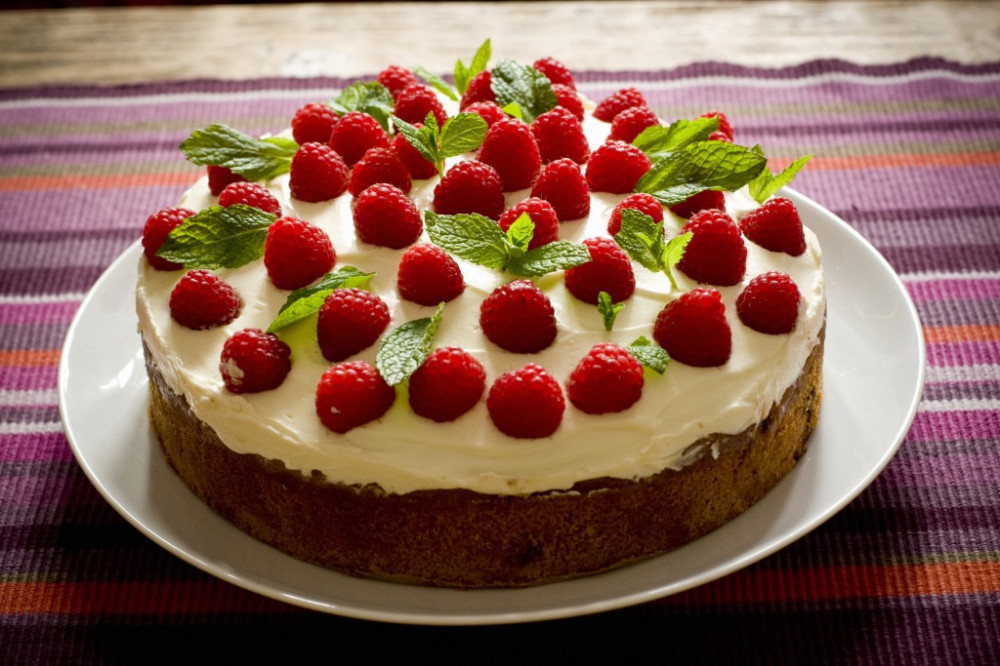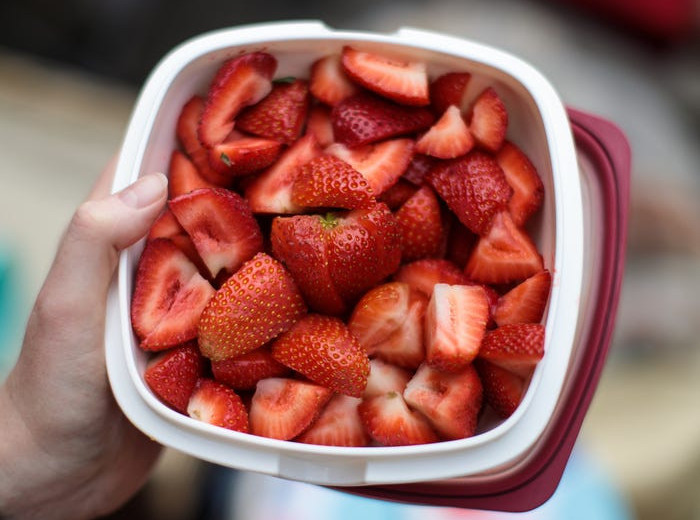THIS IS PERSONAL
I weighed in at 188 lbs. this morning. Not a real catastrophe, but my goal for about a decade has been to stay between 180 and 184. The weight gain was no surprise and I expected it. No food gremlins were attacking me and I have no person or situation to blame. I had only relaxed my discipline and had knowingly eaten addictive foods. There was no misunderstanding on my part as to what foods were addictive. They have always been salts, sugar and fats. My recent problem had been nuts. On several occasions, I kept eating salted pistachio nuts until they were all gone.
It was time for me to write an article. Nothing inspires me more to solve my issues as to do some research and point out what may help others. In the army, I often heard that the best way to learn is to teach. This sometimes didn’t make sense, but it is certainly true that researching and reporting on a topic will inevitably provide clarification to both the teacher and the student.
To me, food addiction is not unlike alcoholism, cigarette smoking or other physical addictions. They can grip us so completely that we don’t stop even when we know it is in our best interest to do so. We plod along without clear thinking or the necessary resolve to stop. But there are common sense ways to break the addiction.
In this post, I will list ways and means to beat food addiction and include relevant tools to help in that quest.

DEALING WITH FOOD ADDICTION
Nourish by Web MD tells us that parts of our brains are activated during food craving episodes. Memory areas of the brain that remind us of food as rewards are responsible – the hippocampus, insula and caudate.
Stress is a problem to many. We tend to de-stress by choosing comfort foods. Carbohydrates tend to be calming foods. But not only carbohydrates. We often want the sugar and fat within the carbs.
Here are some facts and suggestions:
- Too much restriction of foods we crave may not work. It is better to control portion sizes, to buy one cookie rather than a box. I have found that I do better by buying single ice cream or yogurt servings, rather than a half gallon, Small packages of nuts work better than a large bag for me.
- Lower calorie choices can be good substitutes. I need to spend as much time reading the nutrition information on food packages as I do looking at the prices.
- We need to be wary of the fast food and dessert advertising constantly screaming at us. Unhealthy food is convenient, engineered to taste good and heavily promoted. But not in our best interests.

- Let’s not let ourselves get too hungry. If we skip a meal or refrain from eating enough when we are hungry, we may compensate by overeating, with quick fix food like candy bars.
SOLUTIONS TO OVERCOME FOOD ADDICTION
Kentucky Counseling Center, Counseling & Psychiatry, gives us the best tips to beat food addiction. Here they are:
- Make lists – of our personal goals, the unhealthy foods we should avoid, the fast food places to avoid and the healthy foods we enjoy.
- Avoid alcoholic drinks and caffeine. Alcohol may create hunger for junk food. Coffee or soda may cause anxiety and binge eating.
- Eat mindfully. All of our food choices will affect us positively or negatively. For example, a donut may contain 300 empty calories, which is the equivalent of a 20 minute treadmill jog.
- Eat clean and healthy foods. Try fruits, vegetables, grass-fed meats and organic foods. Be careful when shopping at supermarkets, since many low fat or low sugar foods will contain harmful sweeteners.

- Exercise regularly. Exercise and healthy eating are compatible partners in achieving a lifestyle of better health. In a prior post on Sofia Vergara, I found that she loves cake and does not like to exercise. But she exercises anyway and either avoids adding weight or quickly works off the added pounds. Discipline works for Sofia.
- Reach out to family and friends. We need not be alone in our goals. Share recipes and motivation with others.
- Prepare for withdrawal symptoms. Mood swings, anxiety and even anti-social behavior may be consequences of withdrawal from foods we have consumed for many years. Know this and join support groups or seek mental health professionals for this or for guidance when stumbling blocks occur.
AMAZON
I am an Amazon associate and may use their links in my articles and benefit from activity on those links. Here are a few relevant items to consider. Each link will suggest other similar choices.
Food journal and daily food diary


Dr. Sebi Encyclopedia of Herbs. For full body cleanse and rejuvenation.

Organic Beet Root powder – for healthy blood flow, energy and heart health

Balance of Nature – whole food supplements

HEALTHY FOOD DELIVERY
A couple of healthy food delivery sources are shown below.
Also, my recent post listed many more healthy food sources, Check it out.
FINAL THOUGHTS
I have found that healthy eating can be greatly enhanced by the following:
- Drinking water before meals and drinking water throughout the day. A good goal is to consume an amount of water per day to equal in ounces half of our bodyweight in pounds. At my normal weight of 183 pounds, I should drink about 92 ounces of water per day or more.
- Chewing very slowly and eating slowly in general.
- Meditating or breathing deeply before a meal.
Far too often, our meals may become races to finish quickly so as to meet a work or other deadline. Another army example – as a cadet (before I became an officer), I was told to go get fed, not to eat. Active duty was much better and much healthier.
As in my example, we can set up goals and standards for good nutrition. But the key is to stay with our programs and to handle lapses as quickly as we can by slowing down and eating mindfully.
Please leave me any comments or questions in the “Comments” section below. Or email me, richard@myworkoutathome.com.
Let’s be well and practice healthy nutrition!